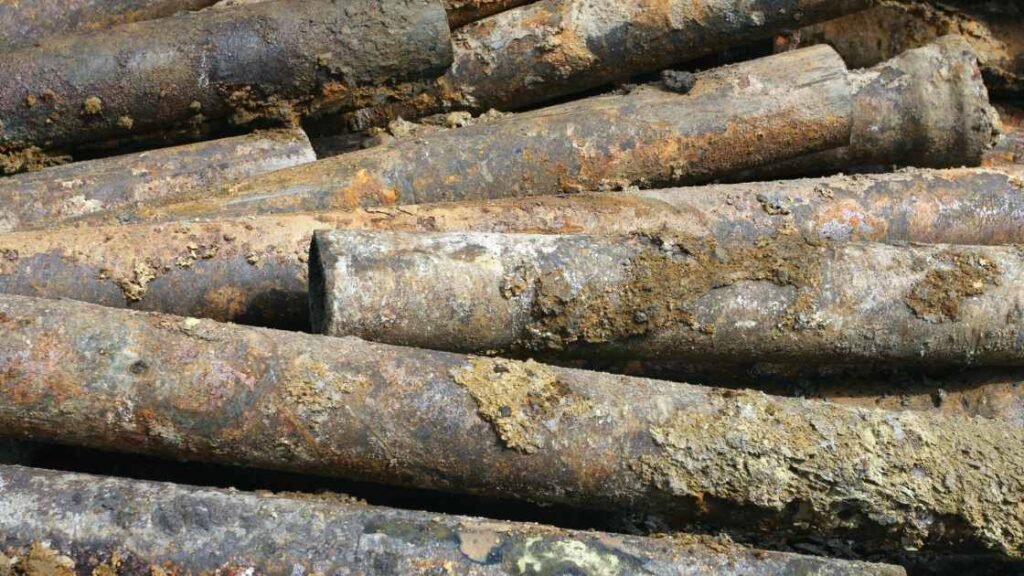Replacing cast iron pipes typically costs between $3,000 and $20,000+. Factors like pipe accessibility, property size, and labor influence the total expense.
Cast iron pipes, once the backbone of many plumbing systems, have largely been phased out in favor of PVC or PEX piping due to their propensity to corrode and cause plumbing issues. Homeowners need to consider the replacement cost as part of their property maintenance budget.
The complexity of accessing the pipes, such as those buried under slabs or within walls, can significantly affect labor costs and the project’s timeline.
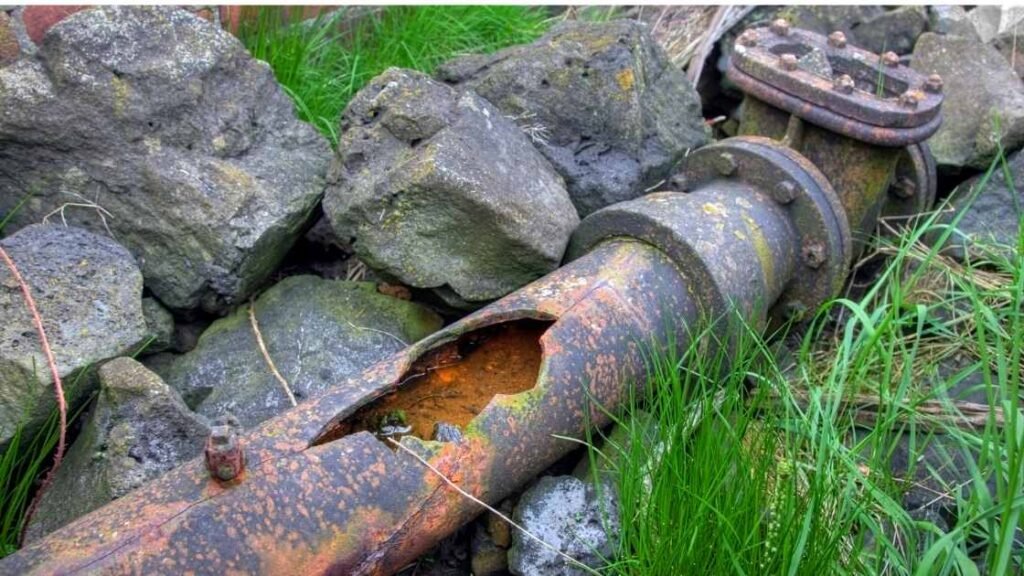
Early replacement of aging cast iron pipes can prevent water damage, preserve water quality, and avert sudden, costly emergencies. Buyers of older homes or owners looking into renovations should prioritize assessing the condition of existing cast iron piping to estimate potential replacement needs and costs accurately.
Cast Iron Pipes: Life Expectancy And Replacement Indicators
Cast Iron Pipes: Life Expectancy and Replacement Indicators are a crucial aspect of home maintenance that often goes unnoticed until issues become apparent. Understanding how long cast iron pipes last and when to replace them can save homeowners from unexpected costs and water damage.
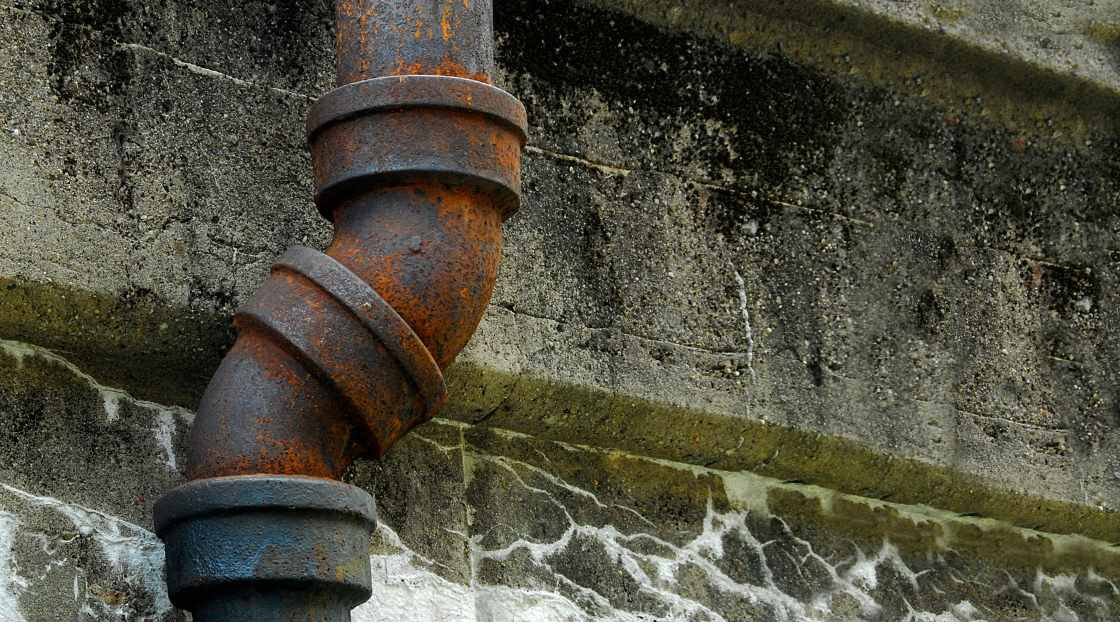
Average Lifespan Of Cast Iron Pipes
Although cast iron is known for its strength, it doesn’t last forever. The average lifespan of cast iron pipes usually ranges between 50 to 75 years (with some systems lasting up to ~100 years in ideal conditions). Different factors like water quality, use, and environmental conditions can affect this timeline.
Signs That Your Cast Iron Pipes Need Replacement
Regular inspections can identify potential problems before major damage occurs. Look out for these signals:
- Leaks and Moisture: Unexplained water or damp patches may indicate pipe deterioration.
- Slow Drains: Recurrent clogs or backups could suggest internal corrosion.
- Unpleasant Odors: Sewer gas smells can escape from cracked pipes.
- Visible Rust: Brownish discoloration or rust is a clear sign of decay.
These symptoms suggest immediate action is needed to prevent water damage and costly repairs. A licensed professional can offer a precise assessment and appropriate solutions.
Calculating The Cost To Replace Cast Iron Pipes
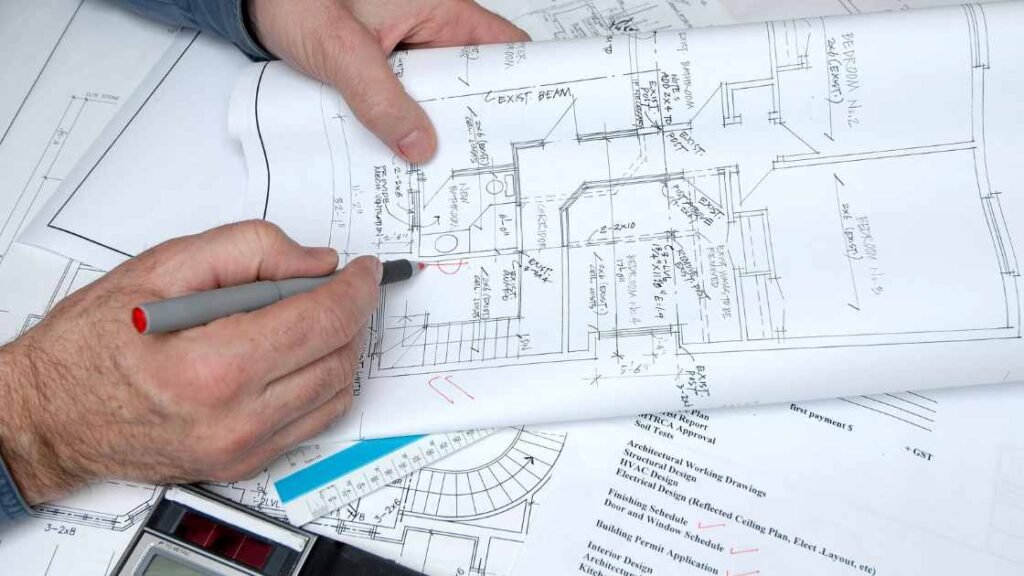
Wondering about the cost of replacing your old cast iron pipes? A clear breakdown helps you plan financially for this vital home improvement. Read on to understand the costs involved.
Factors Influencing Replacement Costs
Replacing cast iron pipes involves many aspects that can affect the overall price. Consider these:
- Scope of Work: Full or partial pipe replacement impacts cost.
- House Size: Larger homes may require more materials and labor.
- Pipe Accessibility: Hard-to-reach areas could increase labor costs.
- Pipe Size and Type: Different pipes vary in price.
- Permit Fees: Local regulations may require permits at an additional cost.
- Labor Rates: Charges vary based on the plumber’s experience and location.
Price Variations By Region And Accessibility
Nationwide, sewer or under-slab replacements are often priced per linear foot; typical U.S. ranges are roughly $50–$250 per foot depending on method and site conditions.
| Region | Cost Range |
|---|---|
| Midwest | $100-$200 per foot |
| South | $80-$160 per foot |
| West | $120-$220 per foot |
| East | $130-$250 per foot |
Accessibility also changes the price. Factors like foundation work or repiping through walls can lead to higher costs due to increased labor.
Potential Cost Range For Pipe Replacement Projects
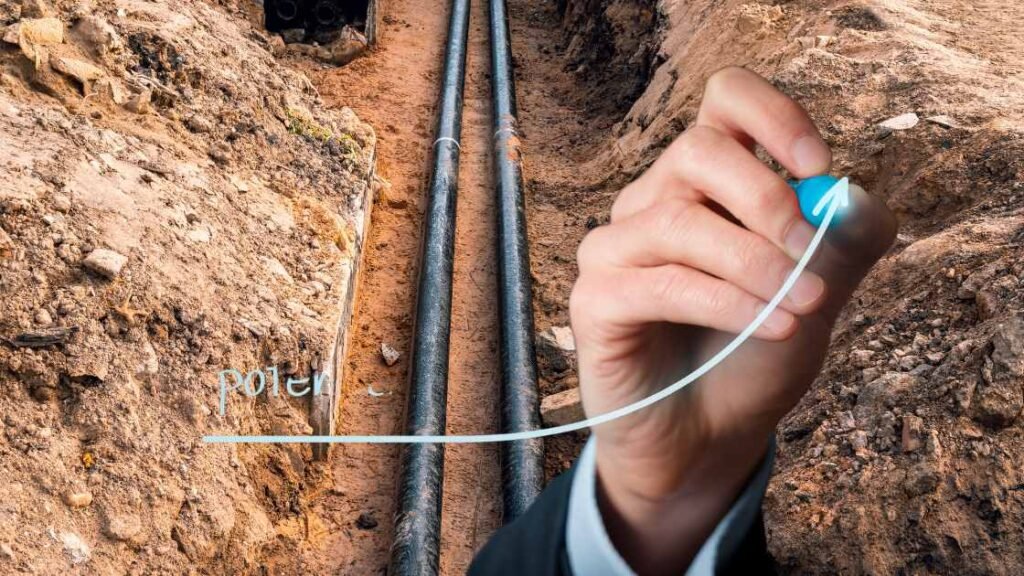
The cost to replace cast iron pipes can vary widely. Numerous factors influence the final price tag. These include the size of the property, the extent of damage, and accessibility to the existing piping.
This section highlights the potential cost range for such projects. Understanding the expenses involved helps in planning and budgeting accordingly.
Cost Breakdown For Residential Properties
For homeowners, the cost of replacing cast iron pipes depends on the following:
- Size of the Property: Larger homes generally have more plumbing, which increases costs.
- Pipe Accessibility: Hard-to-reach pipes may require additional labor and equipment.
- Extent of Replacement: Partial replacements cost less than full overhauls.
Residential pipe replacement typically ranges between:
| Partial Replacement | Full Replacement |
|---|---|
| $2,500 – $5,000 | $15,000 – $20,000+ |
Estimates For Commercial Plumbing Systems
Commercial plumbing systems are often more complex. The costs for cast iron pipe replacement can be significantly higher. Factors include:
- Building Size: Larger buildings have extensive plumbing networks.
- Business Downtime: Replacement could impact operations, affecting the overall cost.
- Local Regulations: Compliance with codes could affect material and labor costs.
The estimated expense range for commercial properties is usually:
| Small to Medium Buildings | Large Buildings |
|---|---|
| $3,000 – $10,000 | $10,000 – $50,000+ |
Alternatives To Complete Replacement
Facing the high costs of replacing cast iron pipes can be daunting. Fortunately, a complete overhaul isn’t the only option. Homeowners can consider alternative approaches for more affordable solutions. These methods extend the life of existing plumbing systems without a full-scale replacement.
Pipe Lining: A Cost-effective Solution
Pipelining offers a way to repair pipes without removing them. Technicians insert a resin-coated tube into the damaged pipe and inflate it. The resin hardens, creating a new pipe inside the old one. This method is not only less intrusive but also cost-efficient. Homeowners save on labor and materials. The following points highlight this procedure:
- Much cheaper than replacing pipes
- Less time-consuming, often completed in a day
- This method is non-destructive to property and landscape
Typical residential trenchless/CIPP pricing runs about $80–$250 per linear foot, depending on method and site conditions.
Partial Replacement Strategies
When pipe damage is localized, partial replacement becomes viable. Targeted repairs substitute only the segments that need attention. Evaluate which sections of the piping suffer from wear and tear:
- Identify the most damaged sections
- Replace those segments individually
- Avoid the cost of a full system replacement
A successful partial replacement strategy minimizes expenses while ensuring the plumbing system remains operational.
Planning Your Budget For Cast Iron Pipe Replacement

Replacing cast iron pipes is a significant home repair task. It involves careful financial planning. The costs can vary widely based on your home’s plumbing complexity. Start with an informed budget. It’s essential for a smooth and successful replacement process.
Quotations And Labor Costs
Getting a clear quote is the first step. Ask for itemized estimates. This will show you exactly where your money goes. Typical costs include:
- Materials: Replacement pipes (usually PVC/ABS) and other supplies
- Labor: Plumber’s hourly or flat rates
- Permits: Required local government permits
Labor often constitutes the largest expense. Prices depend on:
- The job’s complexity
- The number of hours required
- The plumbers’ experience
Be sure to compare quotes from multiple professionals to ensure you get a fair deal.
Incorporating Contingency Funds For Unforeseen Expenses
Unexpected expenses are common. Set aside a contingency fund. Experts suggest an additional 10-20% of your estimated budget. These funds cover:
- Extra work due to pipe damage
- Updates to meet current building codes
- Other unforeseen issues
Having a cushion ensures you’re prepared for any scenario. It reduces stress during the pipe replacement project.
Navigating The Project: Hiring Professionals Versus DIY

Deciding whether to hire professionals or tackle a cast iron pipe replacement yourself is critical. Cast iron pipe replacement can be complex and costly. Making the right choice helps ensure a successful project. This section helps homeowners make informed decisions.
When To Call A Professional Plumber
Hiring a professional plumber is essential under certain circumstances:
- Technical Expertise: Professionals understand plumbing codes and standards.
- Complex Systems: If your home has a complicated pipe layout, experts should handle it.
- Safety Concerns: The risk of damage or injury might be high without the right tools and experience.
- Warranty and Insurance: Professional work often comes with protection that DIY lacks.
- Permits/Code: Many jurisdictions require licensed plumbers and permits for drain/sewer work.
Risks And Rewards Of A DIY Approach
DIY pipe replacement can save money but consider the risks and potential rewards:
| Risks | Rewards |
|---|---|
|
|
Before starting a DIY project, assess your skills and the project size. Small repairs might be manageable, but full replacements usually require professional help.
Frequently Asked Questions On How Much Does It Cost To Replace Cast Iron Pipes
What Factors Affect Cast Iron Pipe Replacement Costs?
Several factors can impact the cost of replacing cast iron pipes. These include the size of the pipes, the complexity of the job, the location of the pipes, and the rate charged by the plumber or contractor. Costs may also vary based on local labor rates and materials used.
How Long Do Cast Iron Pipes Typically Last Before Needing Replacement?
Cast iron pipes often last about 50 to 75 years (buried drains commonly 50–60 years), though some systems can last longer with ideal conditions and maintenance. Frequent inspections can identify issues early on and potentially extend their service life through maintenance.
Can I Replace Cast Iron Pipes Myself To Save Money?
Replacing cast iron pipes is a complex project that typically requires professional expertise. Due to the need for specialized tools, local building codes, and the potential for complications, DIY pipe replacement is not recommended and could lead to more costs in the long run.
What Are The Signs That Cast Iron Pipes Need Replacing?
Signs that cast iron pipes need replacing include frequent clogs, slow drainage, foul sewer smells, water discoloration, and evidence of leaks. If these issues persist, it’s advisable to get a professional evaluation for potential pipe replacement.
How much does it cost to replace all cast iron pipes?
The cost to replace all cast iron pipes in a home varies by scope and access—small or partial projects may start around a few thousand dollars (≈$3,000), while whole-house, under-slab, or sewer line work can run $15,000 to $20,000+.
Should cast iron pipes be replaced?
The decision to replace cast iron pipes depends on their condition, age, and the presence of issues such as corrosion or leaks. If pipes show significant deterioration, replacement may be advisable to ensure a reliable and modern plumbing system.
Conclusion
Determining the cost of replacing cast iron pipes involves many factors. Prices will fluctuate based on pipe size, location, and labor rates. Seek multiple quotes from reputable plumbers to ensure a fair deal. Remember, investing in quality materials and workmanship now can prevent costly repairs in the future.
Protect your home by addressing plumbing needs promptly.

